
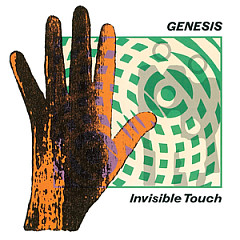
"Invisible Touch" was the first time a band member (Phil Collins) had a #1 Hot 100 hit with a group after scoring a #1 solo hit.
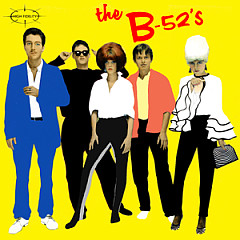
Sea creatures mentioned in "Rock Lobster" by The B-52's include a jellyfish, piranha, bikini whale and narwhal.
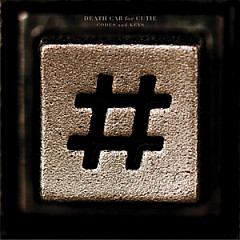
The music video for "You Are A Tourist" by Death Cab For Cutie was done live on the internet, becoming the first live, scripted, single-take music video recorded that way.
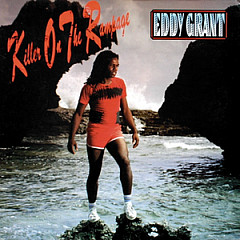
The "Electric Avenue" in the Eddy Grant song is a real street. It got its name because it was the first street in London with electric lights.
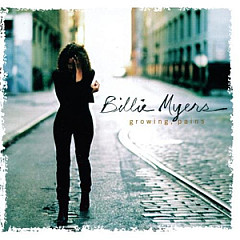
Desmond Child thought Gavin Rossdale was singing "Kiss The Rain" on the Bush song "Glycerine." When he found out the truth, he wrote a song called "Kiss The Rain" for Billie Myers.
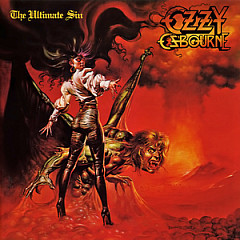
Ozzy Osbourne's "Shot In The Dark" is titled after a Pink Panther movie.
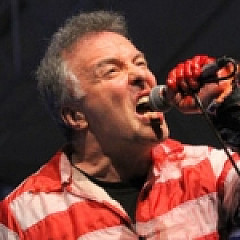
The former Dead Kennedys frontman on the past, present and future of the band, what music makes us "pliant and stupid," and what he learned from Alice Cooper.
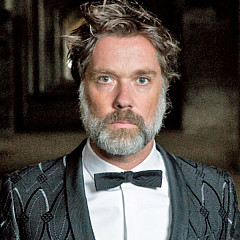
Rufus Wainwright on "Hallelujah," his album Unfollow The Rules, and getting into his "lyric trance" on 12-hour walks.
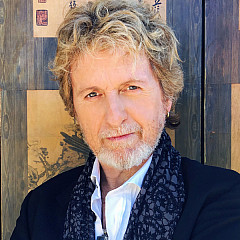
Jon Anderson breaks down the Yes classic "Seen All Good People" and talks about his 1000 Hands album, which features Chick Corea, Rick Derringer, Ian Anderson, and many other luminaries.
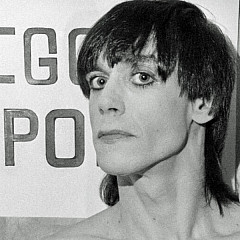
Chris Stein of Blondie shares photos and stories from his book about the New York City punk scene.
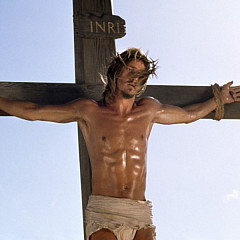
The in-depth discussion about the making of Jesus Christ Superstar with Ted Neeley, who played Jesus in the 1973 film.
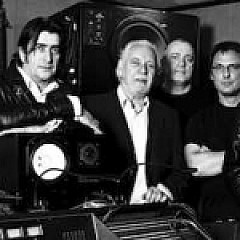
The lead singer and pianist for Procol Harum, Gary talks about finding the musical ideas to match the words.